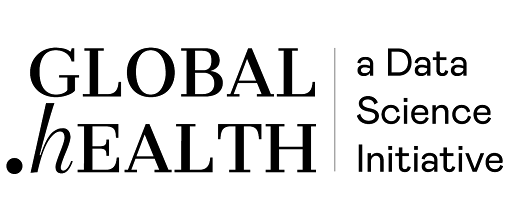Background
Early-phase data during an epidemic are often heterogeneous and difficult to integrate across systems, therefore a need for standard tools and reporting guidelines to facilitate timely and reliable data collection. The Global.health team developed a core data schema for the ingestion of epidemic data, allowing interoperability where data curated to this schema are readily ingested into existing systems for analysis.
Methods
We review the Global.health data schema against the WHO T0 and T1 outbreak toolkits for consistency. We conducted literature review to identify epidemiological parameters and questions for clinical and public health response during early epidemic investigations and linked these with associated data items to determine the minimum requirements for reporting. We also examined existing epidemic reports to evaluate data requirement for parameter estimation versus data availability.
Results
We identified eight digital tools and data toolkits used for epidemic evaluation and field investigation, but most are tailored to specific diseases. We extracted 78 key epidemiological parameters from the literature review and organized them into eleven categories considered important for epidemic investigation. We highlight the minimum data reporting requirements for estimation of key epidemiological parameters, for example, the date of symptom onset would be required for estimating incubation period and reproduction number, while household size would be required for estimating serial interval distribution. We determined that about 30% of the data variables in the Global.health data schema are likely to be prioritized for data collection, while some information related to vaccination; travel history and medical treatment were less likely to be available.
Conclusions
The low availability of some data variables is likely to impact public health response and improved data collection should prioritize those variables. The output here will be useful to develop data collection and reporting guidelines during the early phase (first 100 days) of an epidemic.


